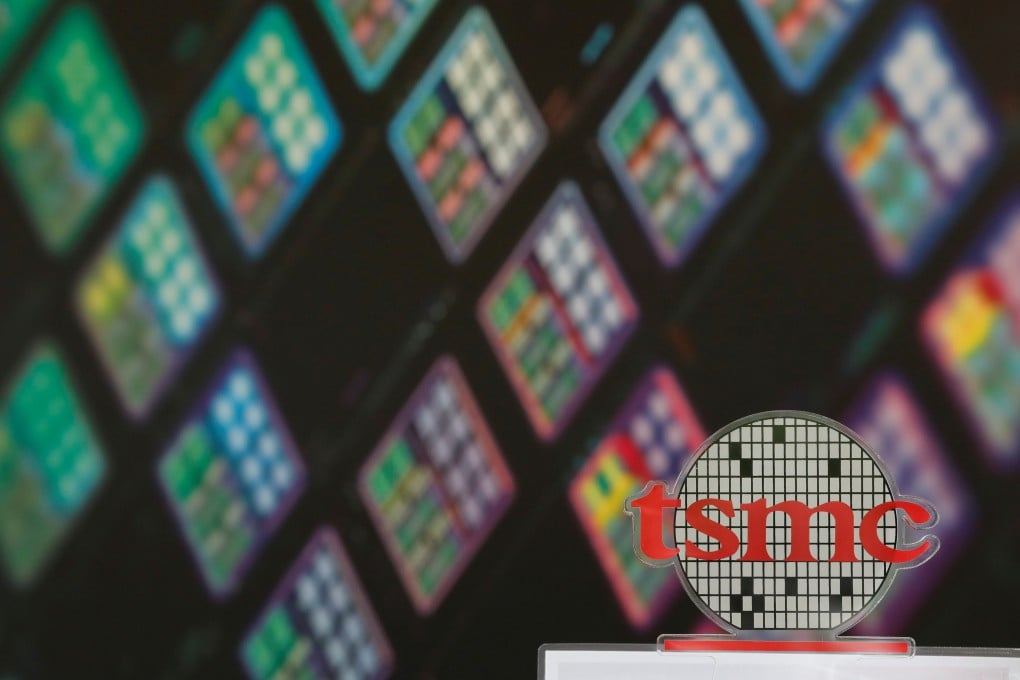TSMC says Nanjing wafer fab expansion plans on track as second quarter revenue surges 28 per cent
- Volume production of 28-nm wafers in Nanjing will begin in the second half of 2022, reaching 40,000 wafers per month by mid-2023, said TSMC
- Apart from Nanjing, the Taiwan foundry said its new plant in Arizona is proceeding and it is also in talks to build a new fab in Japan

Taiwan Semiconductor Manufacturing Co (TSMC), the world’s largest contract producer of advanced chips, said on Thursday it will press ahead with its 28-nanometre fab expansion in Nanjing, defying speculation that the project could be affected by US-China tech rivalry.
“We are further expanding our presence in Nanjing with 28-nm technology to support our customers’ urgent needs,” Mark Liu, chairman of TSMC, said during a conference call with analysts on Thursday. “The volume production will begin in the second half of 2022, reaching 40,000 wafers per month capacity by mid-2023.”
Liu said the 28-nm line will be “the sweet spot for our embedded memory applications” and he expects structural demand for 28-nm to be strong.
The Nanjing fab, one of two that TSMC owns in mainland China, completed construction in 2017. It now has a monthly capacity of 25,000 wafers produced using 16-nm technology, after the Phase I volume ramp-up finished in the third quarter of 2020 to meet strong demand from the mainland Chinese market, according to Liu.
In Beijing, there were even voices calling for a boycott of the project, arguing that TSMC was moving older 28-nm technology to the Chinese mainland while building a leading edge 5-nm fab in the US state of Arizona.